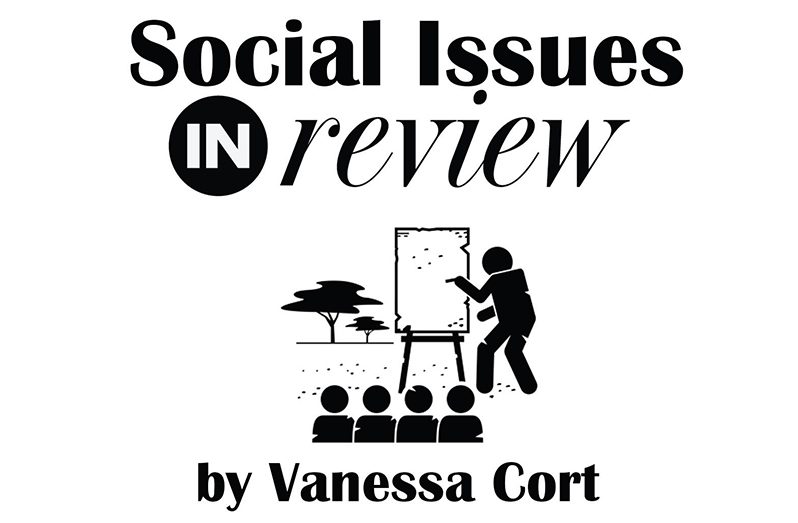By Vanessa Cort
IT is now constantly in the news and that is a good thing. More and more people from all walks of life, particularly the rich and famous, are publicly admitting to mental health challenges.
In so doing, they are breaking down the wall of silence around mental health and also helping to erase the taboo which has prevented so many from speaking out.
In recent years athletes have perhaps been the most vocal about the depression and anxiety which has plagued them as a result of the pressure of their sport.
They, more than any other group, have been quelling the myth that they are superhuman and immune to the emotions which affect all of us from time to time.
It has been an ‘eye-opener’, not only for the general public, but for those who run athletics groups and organisations and are guilty of not paying sufficient attention to the mental health of their sports personalities.
Athletes have openly admitted that the decision to let others know of their emotional issues was not an easy one.
They, like so many of our wider population, have been assailed with feelings of inadequacy, and the very real fear that they may be considered either insane or on the verge of insanity.
The most decorated Olympian of all time, American swimmer, Michael Phelps, was one of the first to confess to the world his mental health problems.
The winner of 23 gold medals described how he fought depression and anxiety for 17 years, but only revealed it six years ago.
“We’re supposed to be big, macho, physically strong human beings, ” he told a publication. So, he thought of his condition as a weakness and was reluctant to admit it even to himself.
At his lowest point, Phelps even considered suicide, with his worst episode occurring after the London Olympics in 2012. Though he won two silver and four gold medals he suffered a ‘crash’ where his success did little to buoy his spirits.
” I didn’t want to be in the sport any more…I didn’t want to be alive”, he said.
Other Olympians have admitted to similar feelings following the Games. The intense competitive pressure, media visibility and physical exertion are followed by a mental slump into depression.
Now, on the eve of the Paris Olympics starting July 26, sports committees are voicing concerns about the mental health of their athletes and attempting to address the issue.
The French have announced plans to have psychologists present at the Games to deal with the emotional problems experienced not only by their athletes but other team members.
And the International Olympic Committee (IOC) has developed a Mental Health Action Plan, acknowledging that ” athletes’ mental health is as important for their performance and well-being as their physical health needs, and that good mental health means much more than the absence of mental health symptoms or disorder”.
A decade ago, athletes and celebrities mostly kept their mental health battles hidden, because such admissions damaged their image and career.
Thankfully this is no longer the case. The Adelphi Psych Medicine Clinic has said: “It’s a positive cycle – every time someone is brave enough to speak out, awareness grows, and the world becomes a more welcoming place to people with mental illness”.
And in a statement showing how much he has regained his self-esteem, gold medalist Phelps declared, after seeking therapy, “For the longest time I thought asking for help was a sign of weakness because that’s kind of what society teaches us. Well, you know what? If someone wants to call me weak for asking for help, that’s their problem, because I’m saving my own life”.


.jpg)











